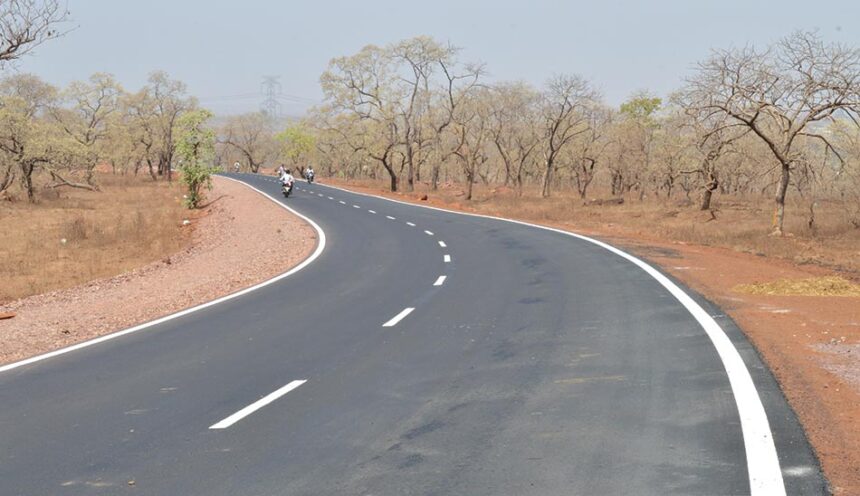The Board of Directors of the African Development Bank Group has approved a US$165 million (about N$2.9 billion) loan to Madagascar to develop critical trade corridors and improve regional connectivity.
The funding, granted on 11 December 2024 in Abidjan, will support the third phase of a major infrastructure project to improve trade corridors across the country.
Funding will be sourced from the African Development Fund, the group’s concessional lending arm. The project aims to contribute to economic and social integration in the southern part of Madagascar by opening up every part of the region. It will achieve this by building and operationalising transport corridors to the rest of the country and Africa as a whole while strengthening trade facilitation procedures and processes between the ports of Tuléar and Beira in Mozambique.
“In the long-term, the project will support a significant increase in national and intra-regional commercial trade, helping to promote investments,” commented Adam Amoumoun, head of the African Development Bank’s Country Office in Madagascar. At the same time, the project will create new economic opportunities for local people by improving trade in agricultural products, livestock, and fish. It will contribute to economic growth and poverty reduction in the region by improving access to markets.”
Solomon Quaynor, the bank group’s vice president for private sector, infrastructure and industrialisation, stressed the transformative impact of the project in the future of southern Madagascar, stating; “By improving vital road infrastructure, we are not just building pathways but unlocking lifelines to economic opportunity and social progress. These roads will directly connect rural communities to markets, healthcare, and education while indirectly sparking entrepreneurship, boosting trade, and empowering women and youth with sustainable employment.”
The project is aimed at improving key road infrastructure across two southern regions of Madagascar – Atsimo Andrefana and Menabe. This includes upgrading a 78-kilometre stretch of road between Bevoay and Morombe, which passes through important agricultural areas that produce 29 000 tonnes of crops annually.
A significant part of the project involves reconstructing the Manombo bridge and creating two new two-lane bridges spanning 460 metres to enhance road connectivity. These improvements will create smoother transportation routes, and strengthen Madagascar’s national economic development.
Beyond physical infrastructure, the project is designed to benefit multiple stakeholders. It will support customs operations, port activities, trade businesses, local consumers and the broader economic ecosystem, including research and technology sectors.



